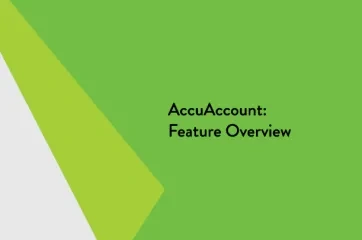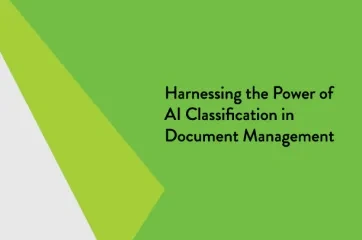Financial institutions use exception categories to classify their exception data into easily understandable groups. Exception categories are especially useful for reporting purposes, such as when a bank or credit union needs to quickly analyze its insurance-related exceptions.
Why Categorizing Exceptions is Important
In banking, exceptions typically involve one of the following scenarios: incomplete information, insufficient information, expiring documents, or pending actions. For example, commercial customers’ financial statements would likely be considered expiring documents, as new versions must be collected annually.
Being able to efficiently generate a report containing hundreds of soon-to-expire documents is a good starting point. However, as a financial institution scales its operations and the list of exceptions grows, additional categorization may be necessary. Proper categorization can help the financial institution avoid oversights, identify operational bottlenecks, ensure timely follow-up, and, ultimately, streamline exception resolution.
Examples of Exception Categories
Exception categories vary from one financial institution to the next. At Alogent, we’ve seen institutions use exception categories to manage:
Critical (& Non-Critical) Exceptions, such as those involving UCCs, property insurance, and deeds of trust.
Insurance Exceptions, such as missing insurance documentation for commercial real estate loans.
Loan Policy Exceptions, such as those relating to financial ratios and loan amounts.
Collateral Exceptions, such as expiring UCC financing statements for equipment and other assets used to secure loans.
Quality Control (QC) Exceptions, such as scanned documents with missing signatures or poor image quality.
Approaches for Categorizing Exceptions
Some banks and credit unions allow users to organically develop their own exception categories, while others prefer a top-down approach. Either way, spreadsheets are a common and low-cost solution for categorizing exception data. Drop-down lists in spreadsheets are intuitive for staff to use. However, as exception reporting requirements expand and evolve, a spreadsheet-intensive approach may result in data entry errors and unreliable reporting.
Managing exception categories in a system like AccuAccount could offer a better approach, especially for financial institutions with large exception databases. Administrators can create global rules so documents are automatically categorized as desired—rather than manually selecting categories from a drop-down list.
Visit Alogent’s Innovation Hub for banking definitions, industry papers, and other free resources. Learn about exception tracking and reporting in AccuAccount.








